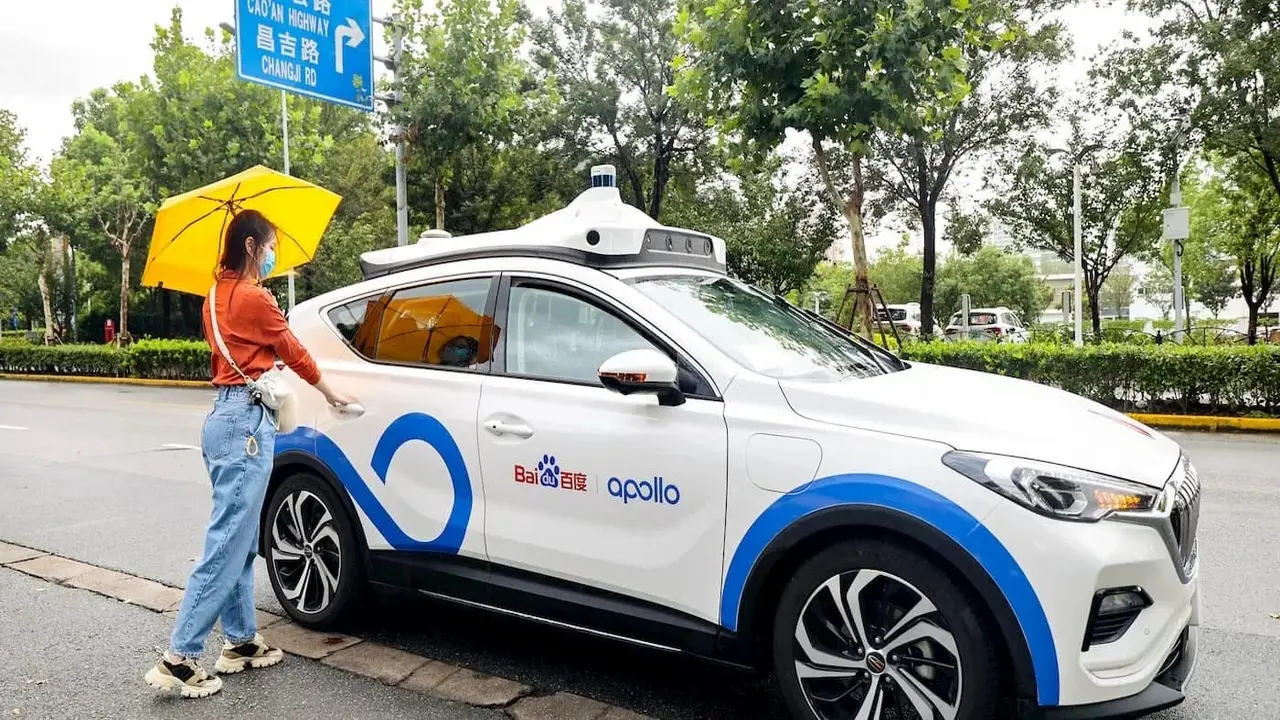Chinese tech giant Baidu’s driverless taxi service, Apollo Go, has announced a significant milestone in its global operations. According to a company spokesperson, Apollo Go’s weekly fully driverless trips surpassed 250,000 as of October 31st.
Autonomous taxi sector is booming
This figure is on par with the 250,000 weekly trips achieved by Alphabet’s US-based subsidiary, Waymo, in the spring. This development signals the opening of a new front in the high-tech competition between China and the US.

Waymo operates in major cities such as San Francisco, Los Angeles, and Phoenix, and also collaborates with Uber in Austin and Atlanta. It’s unclear how long Baidu’s Apollo Go service has been operating at 250,000 rides per week, but the company’s second-quarter report indicates an average of 169,000 rides per week for the period ending June 30th.
Apollo Go is currently operating in Wuhan, Beijing, Shanghai, and Shenzhen in China. In addition to these cities, the company is also pursuing expansion plans in Hong Kong, Dubai, Abu Dhabi, and, most recently, Switzerland. Autonomous taxis typically have to undergo public testing before local regulators issue permits for paid transportation.
Baidu reported that its Apollo Go service has received 17 million robotaxi rides to date, and its vehicles have traveled a total of 240 million kilometers. Of this distance, 140 million kilometers have been completely driverless.
On the safety front, the company reported that it experiences an airbag deployment every 10.1 million kilometers, but has not yet experienced any accidents resulting in human injury or death. Baidu’s rapid expansion of its autonomous taxi capacity highlights the intensification of competition between two major economies, which are vying for leadership in areas such as artificial intelligence, electric vehicles, and autonomous driving systems.













